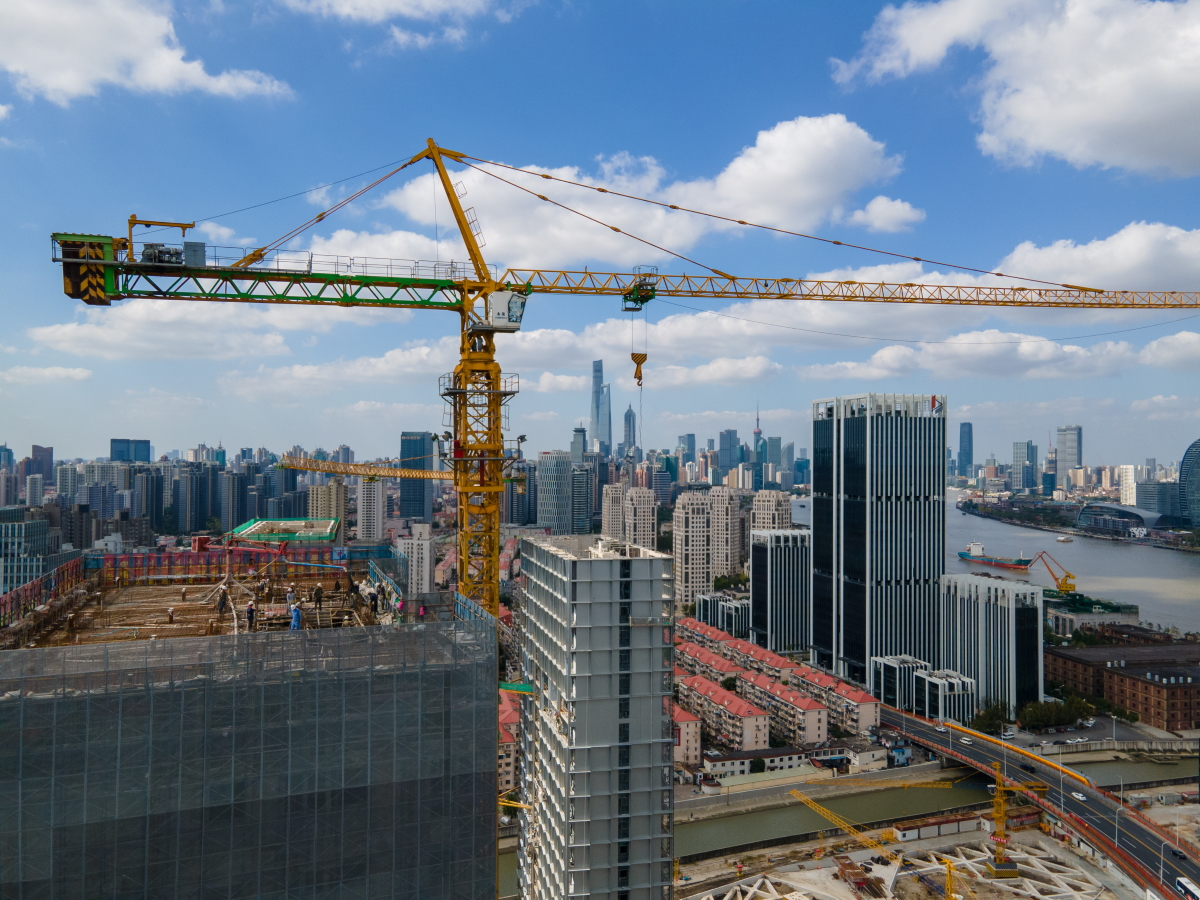Why isn’t the Chinese government doing more to stop the real estate crisis? Alejandro Arevalo, Head of Emerging Market Debt at Jupiter Asset Management, is sharing his insights.
Evergrande’s fall from grace has been spectacular. A year or two ago, the idea of a such a large China real estate developer defaulting, with a debt pile of more than $300bn, would have seemed, if not impossible, pretty unlikely. How do we see this playing out?
We believe the problems in the Chinese real estate sector are largely self-inflicted by the authorities, who have allowed financial conditions to tighten to the point that the country ran a balanced budget in the first half of the year. This has caused several defaults in the sector, and there may be more to come. These defaults could easily have been prevented: the government has ample means to shore up these companies and reassure investors.
We think the Chinese government will continue to resist taking the kind of meaningful action that will end the rumours, and we could see more defaults. So far, we’ve seen some small measures intended to increase liquidity at the margin, such as speeding up mortgage referrals, and a loosening of restrictions on use of coal. We haven’t yet seen the kind of major intervention that could stop the rot, such as a cut in bank reserve requirements or an increase in total social financing, China’s key broad measure of credit and liquidity.
Why won’t the government step in?
We think President Xi is serious about economic reform. China has long been too reliant on unproductive infrastructure spending particularly in real estate that has resulted in unprofitable developers racking up huge amounts of debt. The government’s “three red lines”, financial ratio tests unveiled in 2020 to constrain property developers, are to be taken seriously. Xi wants to make real economic progress before he is granted a third term at the 20. party congress in the second half of next year. This means not allowing the real estate sector to resolve this problem by taking on even more debt, and if that means defaults and lower growth, so be it.
Whether this hard line policy can work in the long term is another question. 80% of Chinese household wealth is held in the real estate sector. Losses will cause consumption to be diverted into building savings back up, dragging on economic growth and slowing down the pivot towards a consumption-based economy Xi is aiming for. The government is walking a tightrope between necessary reform and the communist party’s much vaunted “common prosperity” policy.
Our base case is that the tightrope walk continues and we will see further volatility and further defaults in China real estate. Material deterioration in economic data or some kind of shock will probably be needed before we see resolution in the form of state intervention.
Alejandro Arevalo

Head of Emerging Market Debt
Jupiter Asset Management










 Australia
Australia China
China India
India Indonesia
Indonesia Japan
Japan Malaysia
Malaysia Philippines
Philippines Singapore
Singapore South Korea
South Korea Taiwan
Taiwan Thailand
Thailand Vietnam
Vietnam Germany
Germany Hong Kong
Hong Kong USA
USA Switzerland
Switzerland Singapore
Singapore
 United Kingdom
United Kingdom








